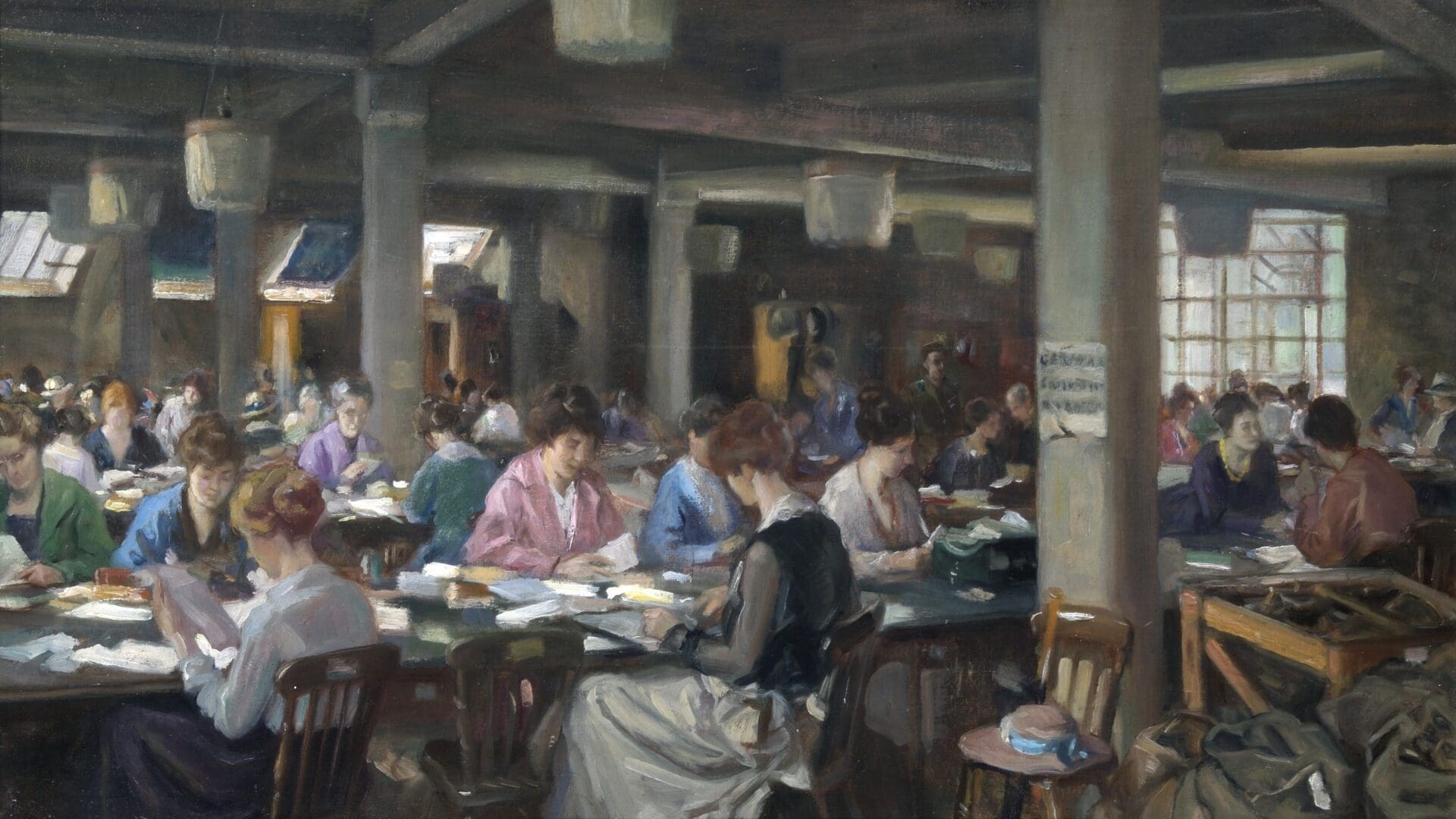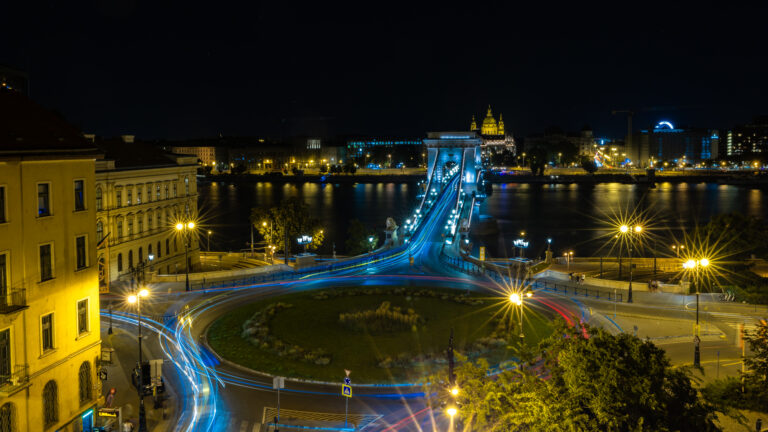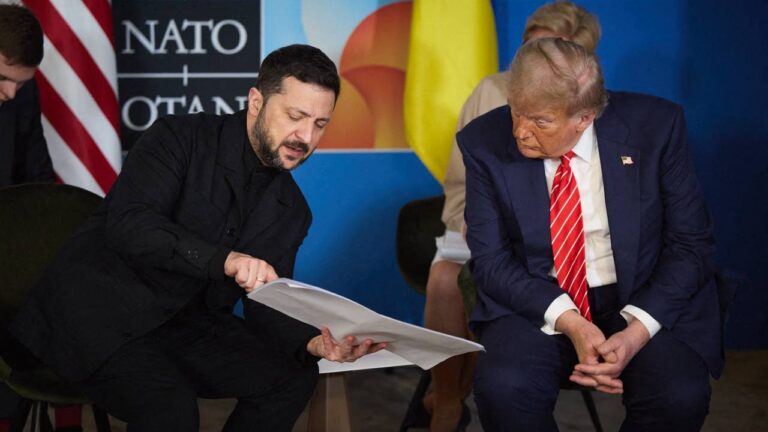The Hashemite Kingdom of Jordan’s King Abdullah II recently approved a cybercrime bill that will crack down on online speech deemed harmful, specifically those seen as ‘promoting, instigating, aiding, or inciting immorality,’ demonstrating ‘contempt for religion’ or ‘undermining national unity’.
Denounced as ‘draconian’ by many, the United States, a key ally and Jordan’s largest donor, was among those who criticised the new censorship law as one that ‘could undermine Jordan’s homegrown economic and political reforms efforts’, especially for journalists and bloggers.
In like manner, Hungarian Prime Minister Viktor Orbán has constantly been castigated for censoring what his ruling Fidesz Party has deemed unfit for the people, specifically the antagonistic LGTBQ+ agenda targeting children. Hungary has so much been denounced that last year the European Union’s executive intensified its legal standoff by taking the country to the EU’s highest court over a restrictive law on LGBT issues and media freedom.
Far be it for the leftist camp to subvert the principles of the natural law and impose them upon a population as human rights, but the body politic in Hungary, or for that matter any government,
has a duty to safeguard the integrity of life created by God.
Censorship in Times of War
Censorship dates back to 443 BC when the Roman Republic established the office of censor—the office was suppressed in 22 BC when Rome was in its transitional phase to becoming an empire. The ‘censor’ was one of two senior magistrates in Rome who supervised public morals, maintained the list of citizens, and their tax obligations.
As honourable as the etymology of its name, because of aggressors, like North Korea’s Kim Jung-un, China’s Xi Jinping, and Russia’s Vladimir Putin, censorship is viewed as a remnant of an unenlightened and much more oppressive age.
We are all too familiar on how Russian President Vladimir Putin has suppressed as dissent anyone who challenges his rule, the imprisonment of opposition leader Alexey Navalny being the most salient. He has censored news in Russia by blocking access to social media and major foreign news outlets, and enacted a law to punish anyone who contradicts the Kremlin’s narrative about the war in Ukraine with up to fifteen years in prison. Moscow, as we know, has been censoring vital facts about its invasion of Ukraine, such as the casualties of Russian soldiers, the whereabouts of Wagner leader Yevgeny Prigozhin, and how its forces have committed war crimes by both targeting civilians and raping, torturing, and executing children. For those of us who grew up during the latter part of the Cold War, such opaqueness, not to be cynical, is part of the Russian chess strategy.
Censorship in times of war, especially when certain facts would altogether alter a people’s view on fighting, is nothing new. This was evidenced by the Pentagon Papers and the Afghan Papers—both respectively revealed how
the US government lied to its citizens on the status of the wars in Vietnam and Afghanistan.
For all that, as reported by reputable sources, Ukrainian President Volodymyr Zelensky is equally censoring reports on the war that would cast a negative light upon him and his co-nationals.
Censorship in Ukraine
The media reports in Ukraine have selectively casted the Russians as war criminals for the aforementioned accusations. However, according to Chris Hedges, former freelance war correspondent for The Christian Science Monitor and the Dallas Morning News and journalist for The New York Times:
‘The press in the US and most of Europe…. openly discredits or censors anything that counters the dominant narrative about Ukraine, however factual.’
Hedges, for example, refers to an Amnesty International (AI) report of 4 August 2022 titled ‘Ukrainian fighting tactics endanger civilians’, in which AI detailed how Ukrainian forces were putting their own civilians at risk by establishing bases and operating weapons systems in populated residential areas, including schools and hospitals. A case in fact, out of 22 out of 29 schools visited, AI investigators either found soldiers using the premises or found evidence of current or prior military activity, including the presence of military fatigues, discarded munitions, army ration packets and military vehicles. In fact, survivors and witnesses of Russian strikes in the Donbas, Kharkiv, and Mykolaiv regions told AI that Ukrainian soldiers had been operating near their homes around the time of the strikes, exposing the areas to retaliatory fire from Russian forces. This was also witnessed by AI researchers.
As soon as the AI report was released, it was condemned by the West and Ukraine as poor journalism.
It also coerced the head of AI’s Kyiv office, Oksana Pokalchuk, to resign,
calling the report ‘a tool of Russian propaganda’.
Another apparent censoring of the facts by the Ukrainian government is that up to 70 per cent of the weaponry material the US and its European allies sent to Ukraine never reaches the Ukrainian armed forces. In fact, according to a report by CBS News titled ‘Why military aid in Ukraine may not always get to the front lines’, such weapons are, and with all likelihood sold on the black market—these findings have been contested by Washington.
Lastly, as Patrick Lawrence, former correspondent and columnist for the Far Eastern Economic Review, the International Herald Tribune, and The New Yorker stated there are also questions of war crimes being committed by Ukrainian forces. We know of an April 2022 video showing Ukrainian soldiers killing wounded Russian prisoners of war. Little less known is the footage at a detention centre in the Donetsk People’s Republic, demonstrating ‘Ukrainian soldiers, [namely the Azov Brigade], shooting Russian soldiers in the legs, captive Russian soldiers in the legs, so these and other such things’.
Subjectivity of Censorship
Censorship, perhaps, has been and will always seem arbitrary, at least to those who decry the natural law or those who uphold it.
In nineteenth century America, depending in what part of the country you found yourself in, the socio-political culture established the norm on what was to be censored or not. For example, before the Civil War, in some Southern states, you could be jailed for publicly calling for the emancipation of slaves. And as late as the 1960s, you could be imprisoned for protesting against Jim Crow segregation laws in some of those same states. Now it is perfectly legitimate, if not encouraged, to say ‘Black power’, whereas the slogan of ‘White power’ is deemed as both racist and segregationist.
While freedom of speech once beheld that the law prohibits whatever it does not allow, in our present day it is now generally accepted—at least wherever Western liberalism is in the ascendancy—that one may do whatever is not forbidden by law. Despite the left-wing’s denunciation of Orbán as a despot because of his censorship, or for that matter that of Abdullah II, the one-sided free speech absolutism that is being promoted by the same left is nothing more than a capitulation to moral nihilism, a reason why Facebook has been removing Hungarian conservatives from its platform. One thing is to restrict platforms of those who seek to promote same-sex unions, transgenderism, and the genocide of the unborn though abortion as human rights. Another thing is
to withhold vital information the public has a right to know,
as the US government did during both Vietnam and Afghanistan conflicts, or as both Russia and Ukraine are doing. Such censorship, which is nothing other than disinformation, is pre-meditated with the goal to purposefully confuse and agitate civil society to the whims of the body politic. Indeed, it reflects what the Chancellor of Nazi Germany and Reich Minister of Public Enlightenment and Propaganda Dr Joseph Goebbels once said: ‘During a war, news should be given out for instruction rather than information.’
The views expressed by our guest authors are theirs and do not necessarily represent the views of Hungarian Conservative.








